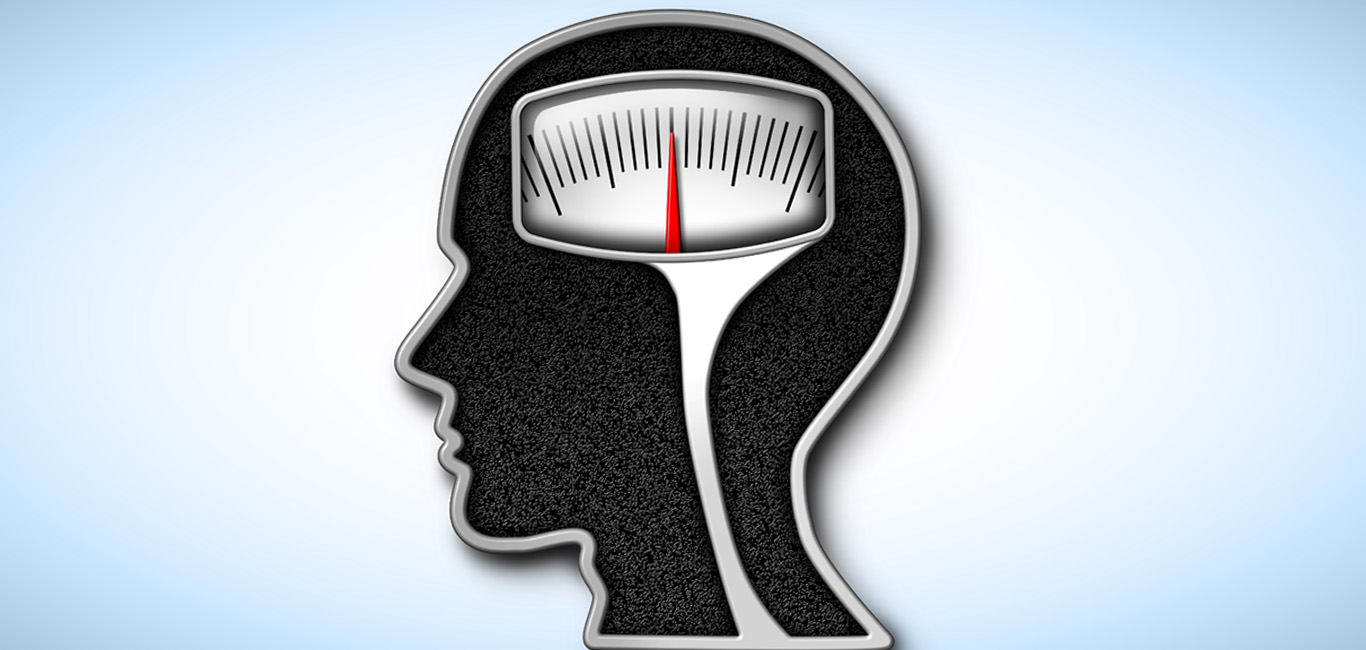
A new research published in the journal Neurology reveals a sustained weight loss programme can significantly benefit obese women who face a condition called brain hypertension or Idiopathic Intracranial Hypertension (IIH).
The research led by a team from the University of Birmingham, UK, has found a metabolic link to brain hypertension which could pave the way for early diagnosis of the condition. In addition, the researchers say that weight loss can reverse metabolic disturbances and reduce brain hypertension.
An increased build-up of cerebrospinal fluid (a colourless watery fluid surrounding brain and spinal cord) in the brain and nerves can add extra pressure and cause brain hypertension.
Brain hypertension is commonly seen in obese women during the childbearing years and usually causes headaches and swelling in the disc of the eye. When the cerebrospinal fluid gets collected in the optic nerve, it can even lead to permanent loss of eyesight; fluid accumulation can also affect the heart and blood vessels. However, the exact cause of brain hypertension remains incompletely understood.
The current study stems from Professor Alexandra Jean Sinclair’s earlier research that found a link between metabolic disturbances and the occurrence of IIH. Professor Sinclair is senior author of the paper and professor of Neurology at the University of Birmingham.
The researchers analysed blood, urine and cerebrospinal fluid samples of women (18-55 years) with IIH. The samples were sourced from neurology and ophthalmology clinics of National Health Service hospitals in the UK. The analysis found metabolic differences in women with IIH compared to control groups.
A metabolic analysis found that people with IIH developed insulin resistance and changes in the function of the fat tissues that increase calorie storage and cause weight gain. The team then put the women on a 12-month weight loss programme and reanalysed their metabolic parameters. They found that the metabolic markers reversed, and brain hypertension severity/symptoms were reduced in these women. Thus, the team concluded that brain hypertension is more of a metabolic issue than a neurological condition.
“This is the first study to quantify metabolite concentrations in IIH patients, which has led to the identification of altered metabolic pathways. This work has helped us to understand the disease pathways which lead to raised brain pressure and headache in patients,” first author Olivia Grech, a PhD researcher in the Institute of Metabolism and Systems Research, said in a statement.


















5 Responses
Very informative!
This is an unique and a different view on the concept. Well done ??
Quite informative!
Very well Articulated!
I found this article good to have a start level of understanding the hypertension with our metabolism.